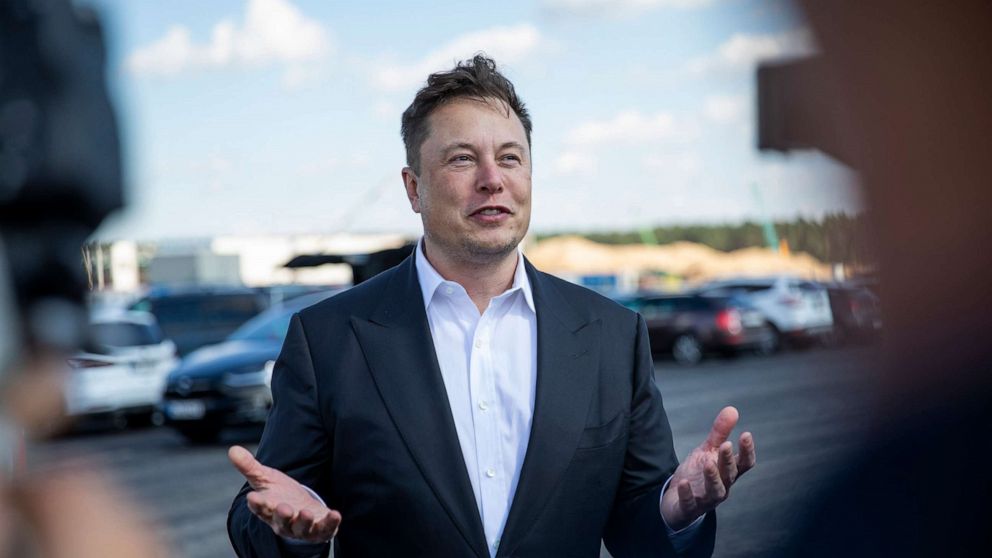
How the proposed billionaires' income tax would work
ABC News
Democrats have proposed the tax to raise money for the infrastructure bill.
A proposal to levy a new tax code on America's ultra-wealthy has sent shockwaves through the nation's capital and beyond on Wednesday, as lawmakers struggle to reach an agreement over how to pay for President Joe Biden's trillion-dollar Build Back Better initiative.
Senate Finance Committee Chairman Ron Wyden, D-Ore., on Wednesday morning unveiled a scheme dubbed the "Billionaires Income Tax," which would tax capital gains on the unsold assets of billionaires -- such as stocks -- and significantly impact some of the nation's wealthiest people, such as Amazon founder Jeff Bezos and Tesla CEO Elon Musk. Musk, whose net worth is currently $287 billion per Bloomberg's real-time data on billionaires, signaled on Twitter that he opposes the proposal.
"Eventually, they run out of other people's money and then they come for you," Musk wrote in response to a tweet featuring a templated letter opponents can send to their congressperson. The letter says that although holdings in 401(k) plans are excluded, the proposal takes tax hikes "a step closer to imposing unrealized capital gains tax on the average investor."
As the wealthiest man in the world, however, Musk is far from the average investor, and has seen his net worth increase by some $117 billion in 2021 alone, per Bloomberg's count.
